With nearly 3,000 years of recorded history, it’s safe to say that Malaga has spent quite a bit of time perfecting its local cuisine.
Of course, its costal location obviously means that seafood delicacies like espetos are popular, but that’s not all. The most popular tapas in Malaga are diverse, but all capture the essence of this charming seaside city in their own unique way. Here’s what you can’t leave without trying.
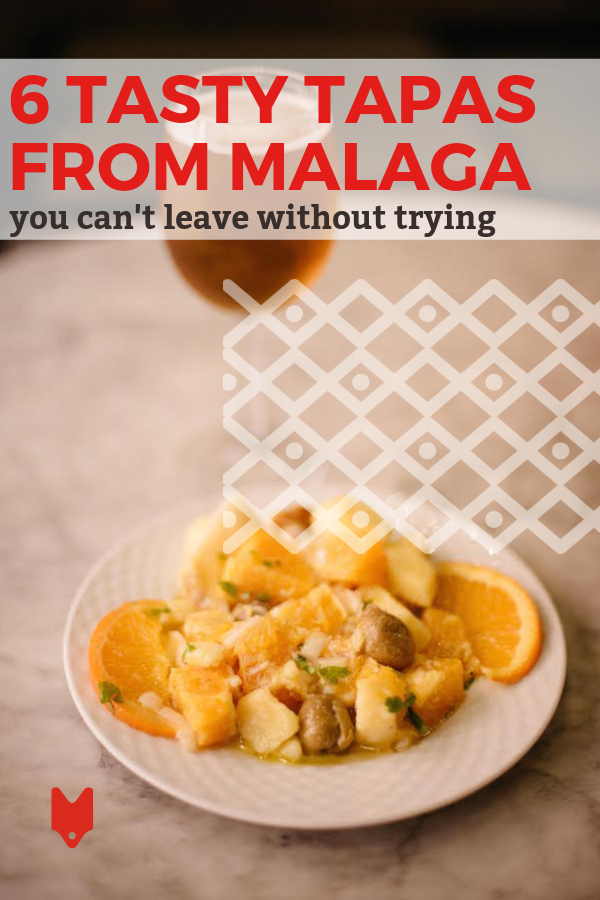
1. Espetos
Given its perfect seaside location, it probably comes as no surprise that one of the most popular tapas in Malaga is a form of seafood. In fact, if you only eat one thing while you’re here, make it espetos.
Typical of the beachfront bars known as chiringuitos, espetos are skewers of seafood (sardines being the most popular) grilled directly over an open flame on a grill made of an old fishing boat. Sounds simple, right? Actually, a lot goes in to grilling the perfect espetos, from the depth of the skewers to the temperature of the flames. The final product is delicious, deceptively simple, and a staple of many malagueños‘ summer diets (ours included).
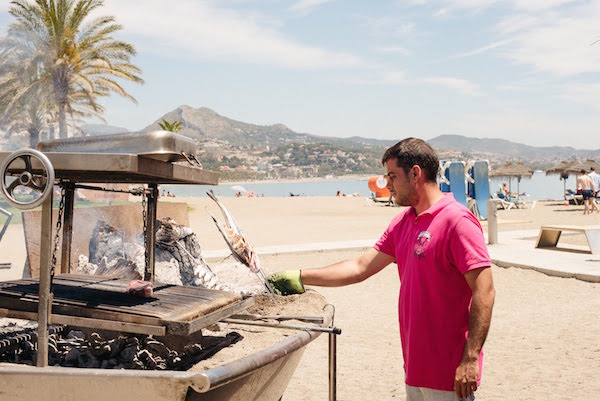
2. Boquerones
We know what you’re thinking: “But I don’t like anchovies!” It seems that nobody does—until they try them here in Spain.
Malaga’s boquerones come mainly in two equally delicious forms. First, you’ve got your boquerones fritos, which are crispy fried anchovies that usually make a good starting point for those who think they don’t like the salty little fish. Then, there are boquerones en vinagre, or anchovies marinated in vinegar with a simple seasoning, which taste especially perfect when paired with a glass of chilled white wine.
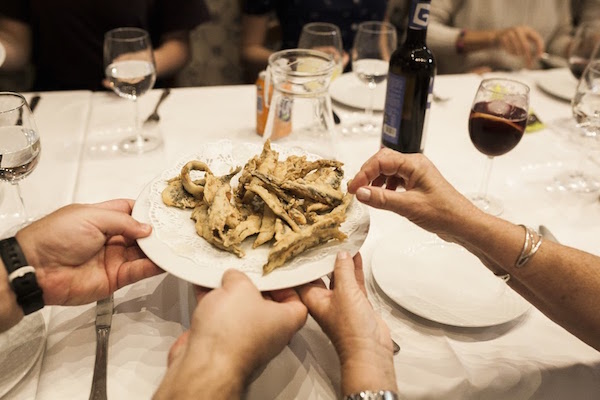
3. Ajo Blanco
If you’ve ever visited southern Spain in the summer, you know how hot it can get. Luckily, Malaga’s privileged location on the shore means that the sea breeze makes the heat a bit more tolerable, but knowing how to cool off is still necessary.
Our go-to trick for beating the heat in Malaga: ordering up a refreshing tapa of ajo blanco, a tasty chilled garlic-and-almond soup that’s guaranteed to get you through any heat wave (bonus: it’s vegetarian-friendly, too). Top it with white grapes for an extra-delicious touch.
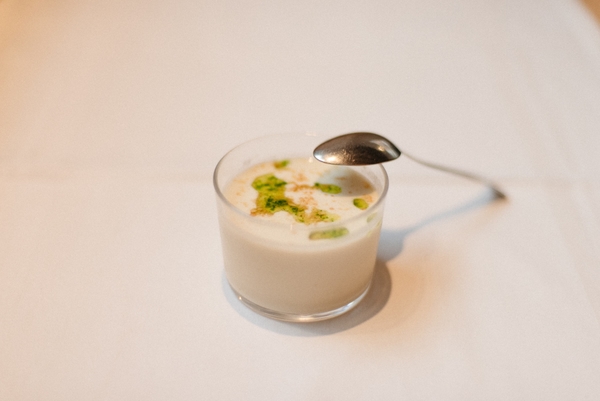
4. Porra Antequerana
Just like its cousin ajo blanco, porra antequerana is one of the most popular tapas in Malaga during the summertime. Tomatoes are the star of the show in this chilled soup, which bears a striking resemblance to Cordoba’s salmorejo (and, to a lesser extent, the better-known gazpacho). The simple recipe involves good quality tomatoes (seriously, they can make or break the dish), garlic, bread, and olive oil all blended together into a creamy, refreshing puree. Many bars will top it with tuna, hard boiled egg, and jamón.
5. Almonds & olives
Sometimes you just want a quick bite, but still want to experience the best of Malaga’s local cuisine. We’ve been there, and that’s when we usually go with a dish of fried marcona almonds or aloreña olives. No matter which you go with, just be sure to wash it down with a healthy gulp of sweet Malaga wine for the perfect pairing.
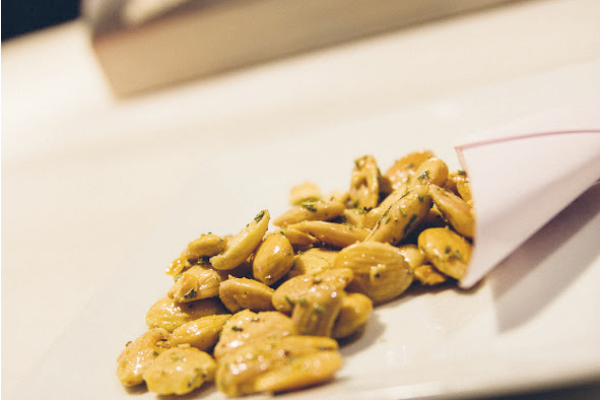
6. Cured Meats
Last but not least on our roundup of the most popular tapas in Malaga: you didn’t think we’d let you leave Spain without trying some cured meats, did you? Of course, you can never go wrong with jamón ibérico (the country’s iconic Iberian cured ham), but for something even more local, try some salchichón de Málaga, which is softer than typical Spanish salchichón but just as delicious.